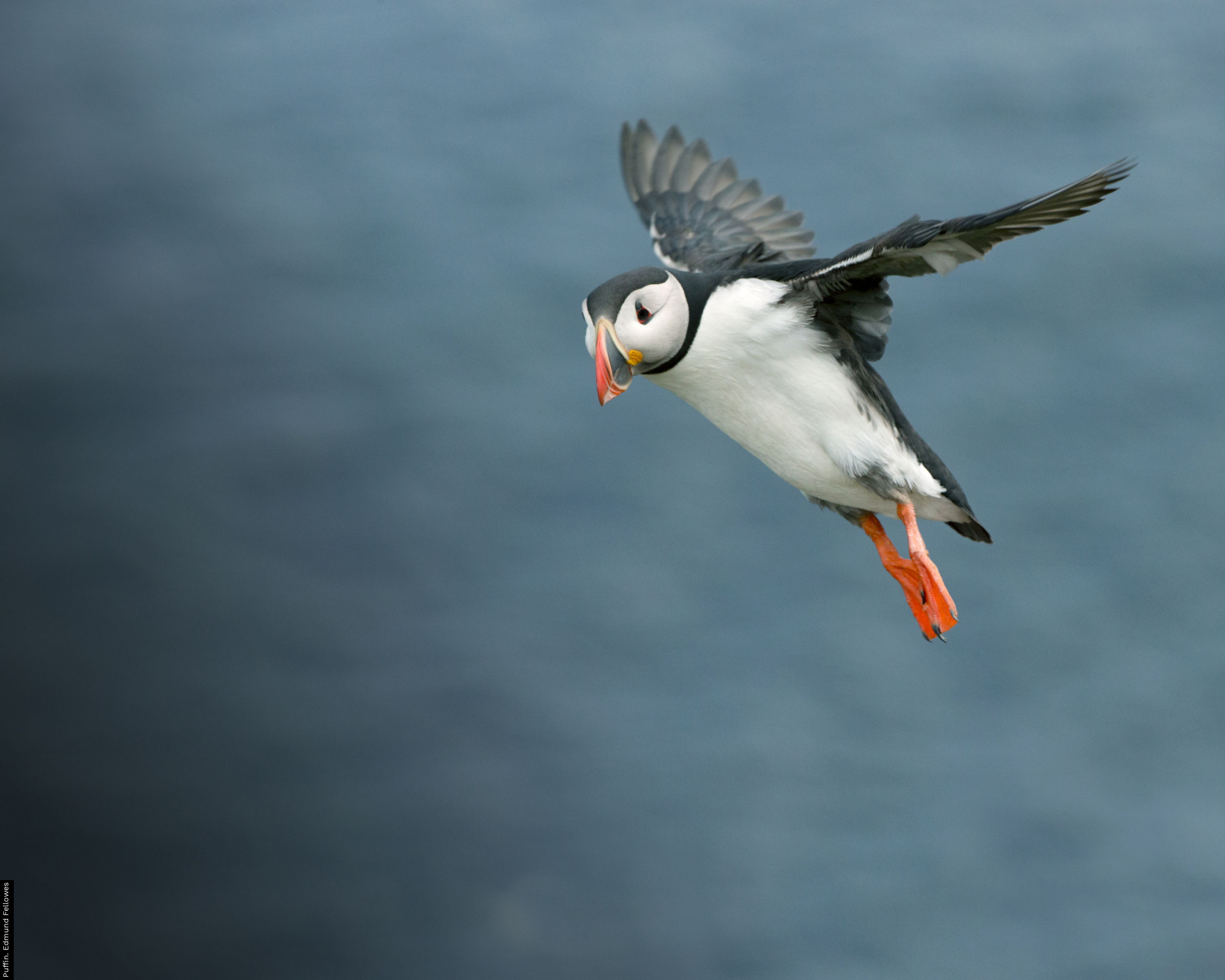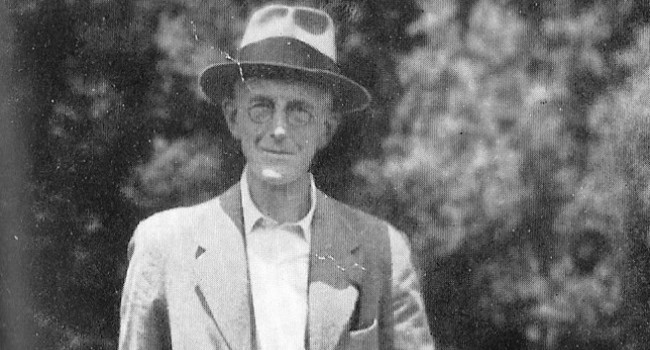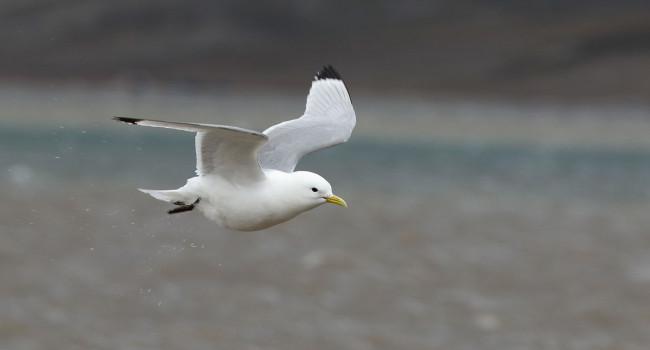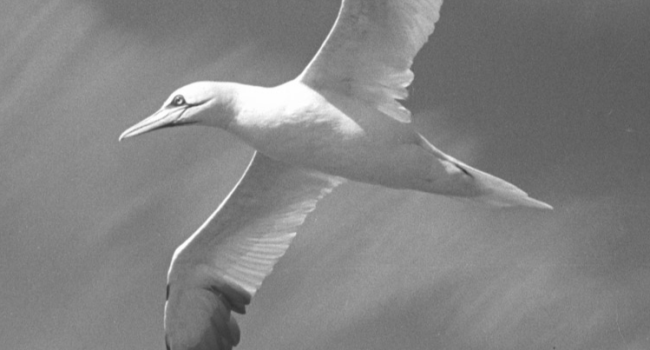Climate Change Appeal
Please note that this appeal is now closed to donations. If you’d like to support our work, you can donate to a current appeal >
Why we launched the Climate Change Appeal
Climate change is one of the most significant threats to biodiversity. Globally, 7% of birds are threatened with extinction due to climate change, and this impact is projected to become increasingly severe in the future.
More than 25 years ago, we began documenting the impacts of climate change on the timing of bird breeding. Since then we have continued to gather evidence about how climate change is affecting our species and populations through our large-scale and long-term monitoring schemes, supported by our network of amazing volunteers. Importantly, we are now informing policies and conservation management strategies to help species and habitats adapt to climate change. You can read more about this work in our climate change case study.
Our findings underpin the report that we launched at the UNFCCC COP26 in Glasgow in 2021, Climate change and the UK’s birds. The report was clear: climate change is already affecting our bird populations, but there are significant gaps in our understanding for many species. We launched the Climate Change Appeal in 2021 to help fund a continuing programme of work to research the wide-ranging effects of climate change, and how we can support birds and habitats to adapt.
Our work on Climate Change and the UK’s birds
Support for the Climate Change Appeal has helped us continue our long-term monitoring schemes, and vitally, the reporting from those schemes that enables us to continue to track the ongoing impacts of climate change.
This has included work that continues to improve our understanding of how some of our much-loved and declining migrants such as the Willow Warbler, Swallow and Cuckoo are responding to climate change, as well as summarising the ongoing impacts of climate change on breeding birds more broadly.
We have also continued to improve our understanding of future vulnerabilities to climate change, and in particular, to highlight the high vulnerability of our internationally important breeding seabird populations, which are monitored by the BTO/JNCC Seabird Monitoring Programme, and of migratory birds around the world. More broadly, we have also been considering the potential impacts of climate change on invertebrates, and how that can impact many of the bird populations around us.
Work with Natural England has considered the vulnerability of Special Protection Areas in England to climate change and what that means for their future conservation. That leads on to what is now an increasing focus of BTO work, which is to inform conservation responses to climate change. This includes continuing to develop the evidence that appropriate conservation action can play a key part in helping species, habitats and systems adapt to climate change, and critically, how to monitor and evaluate the success of those conservation interventions.
Scientific publications
Climate change drives differing trends for Chiffchaff and Willow Warbler populations
Martay, B., Pearce-Higgins, J. W., Harris, S. J., & Gillings, S. 2023. Breeding ground temperature rises, more than habitat change, are associated with spatially variable population trends in two species of migratory bird. Ibis 165(1): 34–54
Climate change, insect abundance and Swallows
Martay, B., Leech, D. I., Shortall, C. R., Bell, J. R., Thackeray, S. J., Hemming, D. L., & Pearce-Higgins, J. W. 2023. Aerial insect biomass, but not phenological mismatch, is associated with chick survival of an insectivorous bird. Ibis 165(3): 790–807
Migration stopover hinders the Cuckoo’s response to climate change
Davies J.G., Kirkland M., Miller M.G.R., Pearce-Higgins J.W., Atkinson P.W. & Hewson C.M. 2023. Spring arrival of the Common Cuckoo at breeding grounds is strongly determined by environmental conditions in tropical Africa. Proceedings of the Royal Society B 290: 20230580
The future impacts of climate change on threatened seabirds
Davies J.G., Humphreys E.M., Evans T., Howells R.J., O’Hara-Murray R. & Pearce-Higgins J.W. 2023.Seabird abundances projected to decline in response to climate change in Britain and Ireland. Marine Ecology Progress Series 725: 121–140
The impact of climate change on migratory species
Williams, J.M., Scott, S.E., Galbraith, C.A., Martay, B., Macphie, K.H., Hereward, H.F.R., Barton, M.G., Bowgen, K.M., Pearce-Higgins, J.W. & Robinson, R.A. 2023. Climate change and migratory species: a review of impacts, conservation actions, indicators and ecosystem services. JNCC (ISBN: 978-0-86139-000-7)
Are the declines of birds and invertebrates linked by climate change?
Pearce-Higgins, J. W., & Morris, R. K. A. 2022. Declines in invertebrates and birds – could they be linked by climate change? Bird Study 69(3–4): 59–71
Assessing the vulnerability of Special Protection Areas to climate change
Duffield, S. J., Morecroft, M. D., Pearce-Higgins, J. W., & Taylor, S. D. 2024. Species- or habitat- based assessments of vulnerability to climate change? Informing climate change adaptation in Special Protection Areas for birds in England. Biological Conservation 291: 110460
The first quantitative global assessment of biodiversity conservation interventions for climate change adaptation
Bowgen, K., Kettel, E., Butchart, S., Carr, J., Foden, W., Magin, G., Morecroft, M., Smith, R., Stein, B., Sutherland, W., Thaxter, C., & Pearce-Higgins, J. 2022. Conservation interventions can benefit species impacted by climate change. Biological Conservation 269: 109524
Monitoring climate change adaptation and evaluating its success
Pearce-Higgins, J., Antão, L., Bates, R., Bowgen, K., Bradshaw, C., Duffield, S., Ffoulkes, C., Franco, A., Geschke, J., Gregory, R., Harley, M., Hodgson, J., Jenkins, R., Kapos, V., Maltby, K., Watts, O., Willis, S., & Morecroft, M. 2022. A framework for climate change adaptation indicators for the natural environment. Ecological Indicators 136: 108690
The effects of climate extremes on British bird populations
Tirozzi, P., Massimino, D. & Bani, L. 2024. Avian responses to climate extremes: insights into abundance curves and species sensitivity using the UK Breeding Bird Survey. Oecologia 204: 241–255
Biodiversity responses to habitat loss and climate change
Suggitt, A. J., Wheatley, C. J., Aucott, P., Beale, C. M., Fox, R., Hill, J. K., Isaac, N. J., Martay, B., Southall, H., Thomas, C. D., Walker, K. J., & Auffret, A. G. 2023. Linking climate warming and land conversion to species’ range changes across Great Britain. Nature Communications 14(1): 1–9

Support more work like this
Our Climate Change Appeal is now closed, but you can still support us.
Donating to one of our current appeals will help fund our vital work to secure a better future for birds, for nature and for people.






Share this page